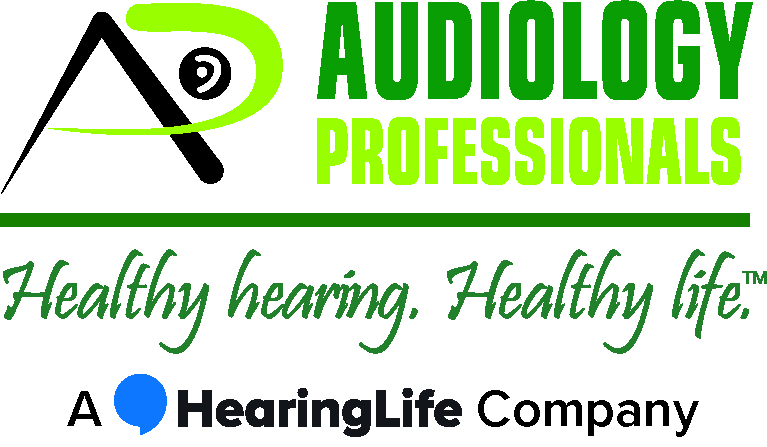Vitamin D, often dubbed the “sunshine vitamin,” plays a crucial role in maintaining overall health, including bone strength, muscle function, and immune system regulation. Recent research has shed light on its significance in hearing health, suggesting a notable connection between vitamin D deficiency and an increased risk of hearing loss. Let’s delve deeper into this link and explore strategies to mitigate potential risks.
The Role of Vitamin D in Auditory Wellness
Vitamin D is essential for regulating calcium and phosphate levels in the body, which are vital for maintaining healthy bones, including the delicate bones within the ear responsible for sound conduction. Insufficient vitamin D levels may weaken these bones, potentially leading to conditions like osteopenia or osteoporosis, indirectly affecting sound transmission.
Moreover, vitamin D’s anti-inflammatory and immune-boosting properties may safeguard against ear infections, which can contribute to hearing impairment. Emerging evidence also suggests that vitamin D supports the nerve function in the ear, enhancing auditory signal transmission to the brain.
Signs of Vitamin D Deficiency
Detecting vitamin D deficiency can be challenging as symptoms are often subtle. Signs to watch out for include, general fatigue, bone pain or fractures, muscle weakness, mood changes like depression, and slow wound healing. If you experience any of these symptoms, consulting a healthcare provider for a vitamin D assessment is advisable.
Research Insights on Vitamin D and Hearing Loss
Studies have explored the relationship between vitamin D levels and hearing loss, particularly sensorineural hearing loss. Findings suggest a significant association between vitamin D deficiency and this type of hearing loss, with some research indicating that inadequate vitamin D levels may accelerate age-related hearing decline. These insights emphasize the importance of maintaining optimal vitamin D levels to preserve auditory function.
Maintaining Healthy Vitamin D Levels
Ensuring sufficient vitamin D levels is vital for overall health, including auditory wellness. Strategies to achieve this include:
- Sun Exposure: Spending 10–15 minutes in sunlight several times a week can stimulate vitamin D production in the skin.
- Dietary Sources: Incorporating vitamin D-rich foods into your diet, such as fatty fish (salmon, mackerel), cheese, egg yolks, and fortified foods like milk and cereals, can boost vitamin D intake.
- Supplementation: If at risk of deficiency, vitamin D supplements can provide an effective means to maintain adequate levels. Consultation with a healthcare provider is recommended before starting any supplement regimen.
While research on the link between vitamin D deficiency and hearing loss continues to evolve, current evidence highlights the importance of adequate vitamin D levels for auditory health. By adopting strategies to ensure optimal vitamin D intake, individuals can potentially mitigate the risk of hearing impairment
Contact Us Today!Your hearing health is important to us. If you are having trouble with your hearing, contact the Audiology Professionals team by calling (541) 228-9233. Alternatively, click here to contact us online.

